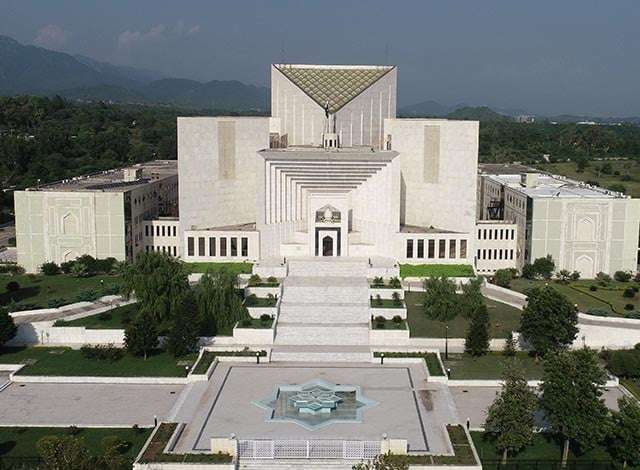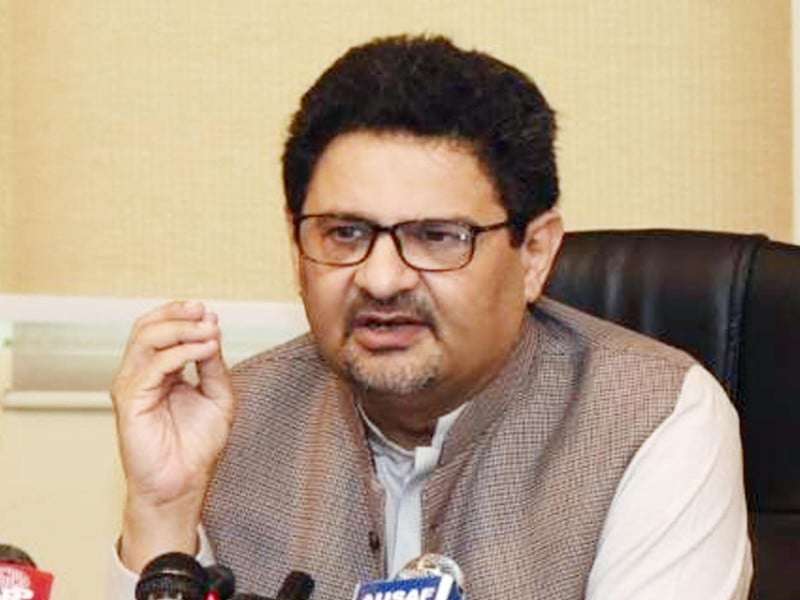The Supreme Court of Pakistan has recently dismissed a petition demanding that candidates in elections should secure more than 50% of the votes to be declared winners. This landmark decision, made by a seven-member constitutional bench, also imposed a fine of Rs. 20,000 on the petitioner for pursuing what the court termed as “frivolous litigation.” Here, we delve into the details of the case, the court’s reasoning, and its broader implications.
The Supreme Court’s Decision
Constitutional Bench Composition
The constitutional bench, led by Justice Aminuddin Khan, included Justice Ayesha Malik, Justice Jamal Khan Mandokhail, Justice Muhammad Ali Mazhar, Justice Hasan Azhar Rizvi, Justice Naeem Akhtar Afghan, and Justice Masarat Hilali. This diverse panel heard the case and rendered the final verdict.
Petitioner’s Argument
The petitioner, Muhammad Akram, argued that a rule requiring candidates to secure over 50% of the votes was necessary to uphold democratic principles. He claimed that such a requirement was tied to the fundamental rights of the electorate and that the Parliament’s decisions significantly impacted their lives.
Court’s Response
Justice Muhammad Mazhar questioned the constitutional basis for requiring a candidate to secure more than 50% of the vote. He emphasized that election results are determined by the votes cast, and the court cannot address the issue of voter non-participation.
Justice Ayesha Malik asked the petitioner to specify which fundamental rights were violated and which constitutional articles were breached. Justice Jamal Mandokhail noted that the Supreme Court does not have the authority to create new laws, suggesting that such a change would need to be enacted by the Parliament.
Frivolous Litigation
The bench fined the petitioner Rs. 20,000 for filing what it deemed a baseless lawsuit. The court criticized the petitioner for not voting in the February 2024 election, calling it a disrespect to the Constitution. Justice Musarrat Hilali remarked that people have the right to vote but often choose not to participate, which is a failure on their part, not a constitutional issue.
Case on Independent Candidates Joining Political Parties
Petition Details
Another case heard by the constitutional bench involved the requirement for independent candidates to join political parties. Petitioner Maulvi Iqbal Haider appeared via video link, stating that the matter had already been resolved, making his petition ineffective.
Court’s Decision
Justice Aminuddin Khan noted that permission had been granted for the petitioner to appear in court, which should suffice. Consequently, the bench dismissed the petition as ineffective.
Hearing on Income Levy Tax Act 2013
Background
During the hearing on 1,178 petitions against the Income Levy Tax Act 2013, the Federal Board of Revenue (FBR)’s lawyer informed the court that many parties had not been served notices. The lawyer noted that the case challenges the rulings of both the Lahore and Karachi High Courts and that approximately 400 addresses might be incorrect.
Court’s Orders
The constitutional bench ordered that notices be published in newspapers to ensure service compliance. The court stated that it would address the issue of appeal admissibility in the next hearing, adjourning the case for three weeks.
Implications of the Supreme Court’s Decision
Upholding the Status Quo
The Supreme Court’s decision to dismiss the plea for a 50% vote requirement upholds the current electoral system, where winners are determined by the highest number of votes cast. This ruling reinforces the existing democratic process and avoids setting a precedent for future petitions of a similar nature.
Encouraging Voter Participation
The court’s remarks highlight the importance of voter participation in the democratic process. By emphasizing that non-participation is a voter failure, the court underscores the need for increased civic engagement and voter turnout in elections.
Legal Precedent
This decision sets a legal precedent that the Supreme Court cannot create new laws but can only interpret and enforce existing ones. It reinforces the role of the Parliament in enacting legislation and upholds the separation of powers within the government.
FAQs
1. What was the main argument of the petitioner in this case?
The petitioner argued that candidates should be required to secure more than 50% of the votes to uphold democratic principles and protect the fundamental rights of the electorate.
2. Why did the Supreme Court dismiss the petition?
The Supreme Court dismissed the petition because it found no constitutional basis for requiring a candidate to secure more than 50% of the vote. The court also emphasized that creating such a law is the Parliament’s responsibility, not the judiciary’s.
3. What was the fine imposed on the petitioner?
The Supreme Court imposed a fine of Rs. 20,000 on the petitioner for pursuing what it termed as “frivolous litigation.”
4. What was the court’s view on voter non-participation?
The court remarked that voter non-participation is a failure on the part of the voters, not a constitutional issue. It emphasized the importance of civic engagement and voter turnout in the democratic process.
5. What was the outcome of the case regarding independent candidates joining political parties?
The court dismissed the petition regarding the requirement for independent candidates to join political parties, as the petitioner acknowledged that the matter had already been resolved.



